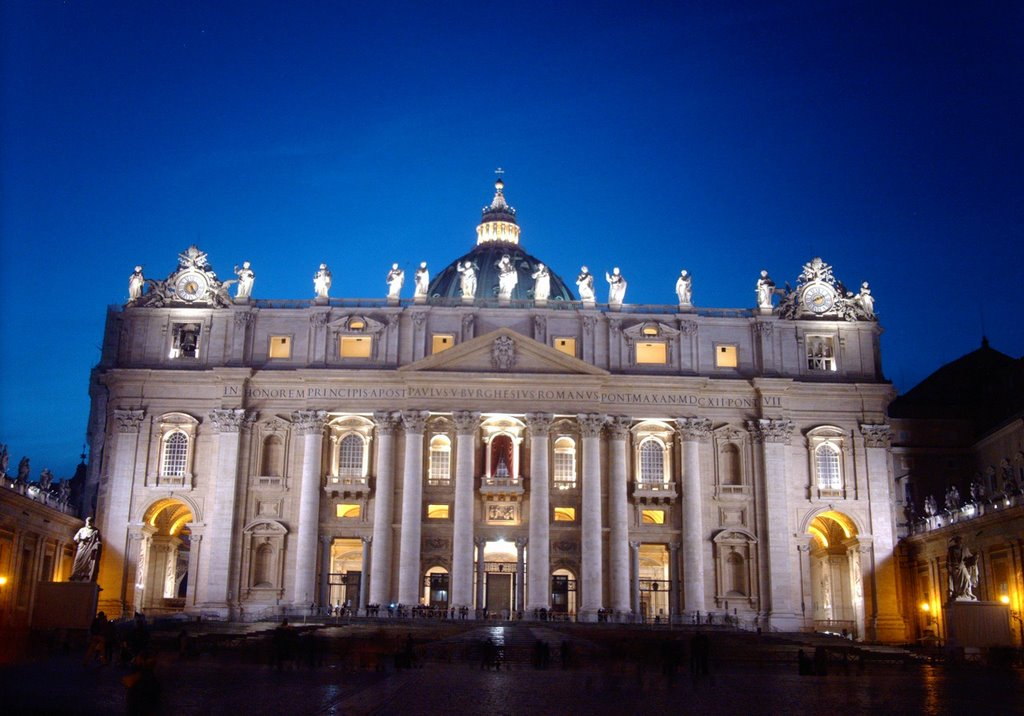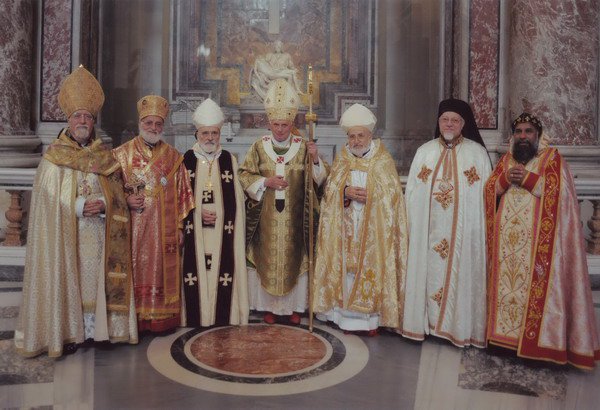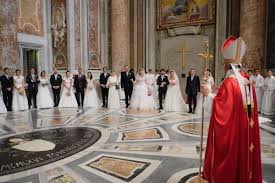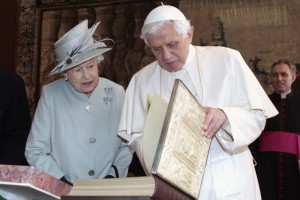Is the Catholic Church Obsessed with Sex?
Posted: 7 December 2014

Without a doubt, the articles I write which attract the most feedback (positive or negative) are always those that discuss sexual morality and the Catholic Church. Nothing seems to raise the emotions of people more than knowing that the Catholic Church has an opinion on sex. And while it may seem that issues such as contraception, IVF, masturbation or homosexuality are all different, they really revolve around the one central hinge: the purpose and meaning of human sexuality. To get directly to the point, Christianity (Catholicism in particular) has a definite understanding of what human sexuality is, while the secular world has a vastly different understanding. In addition, this secular understanding has – for a host of reasons – fed into the minds of many Catholic people so that they no longer understand or agree with the Church’s stance on many of the basic moral issues. Instead of anyone actually seeking to understand the Catholic position, the Church is portrayed as having some sick obsession with matters of sex and telling others what they can (but mostly what they cannot) do.
As a case in point, following my last article which criticised the use of contraception by a Protestant aid agency in Papua New Guinea (PNG), I received an email from a dissatisfied reader. This particular lady – a practicing Catholic – was angered by my ‘narrow minded view’ and questioned whether I had ever been to PNG to truly understand the particular hardships endured by those people. I am grateful to this lady for taking the time to write and I am sure her words represent the thoughts of others – but it does demonstrate my point that there is a huge discrepancy in the public arena about the meaning and purpose of sex.








